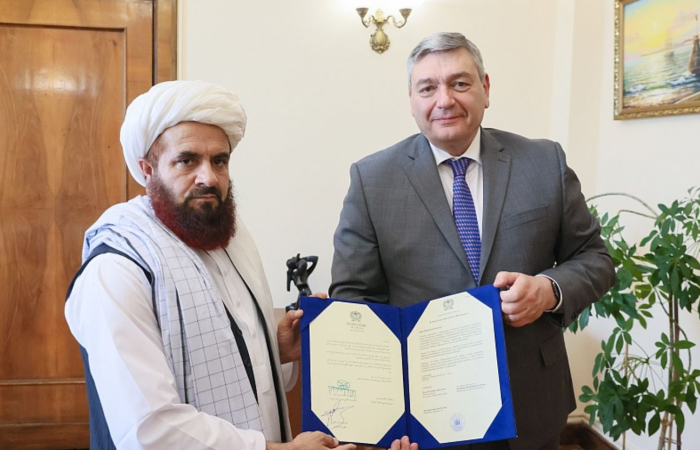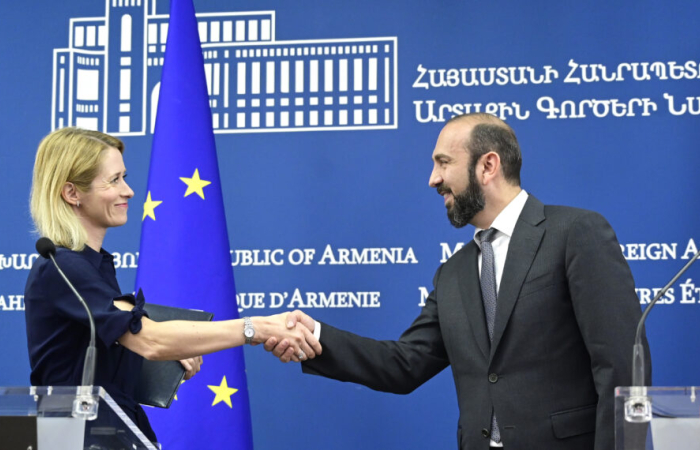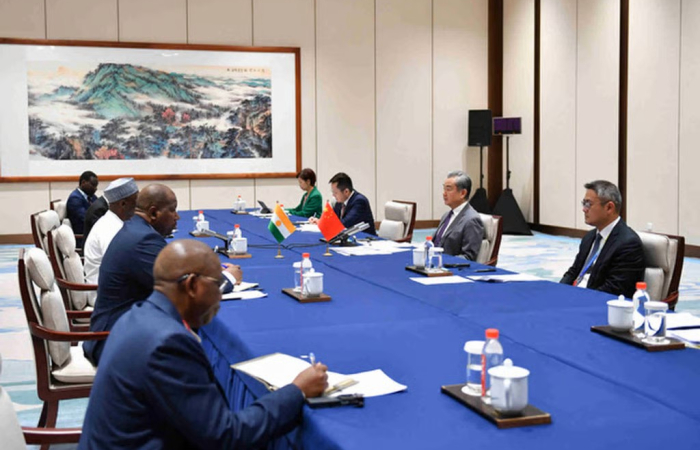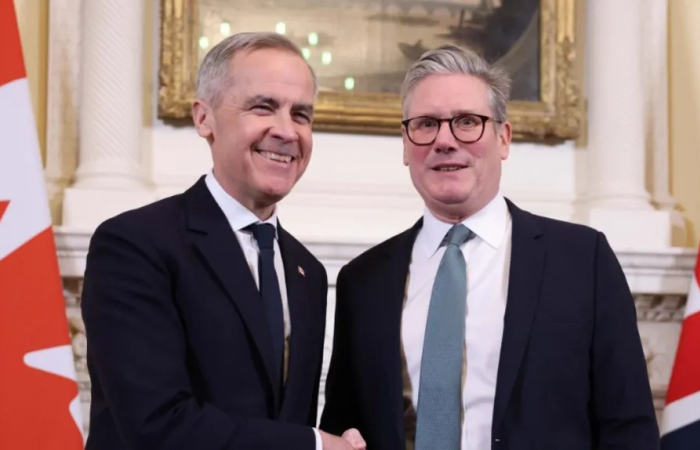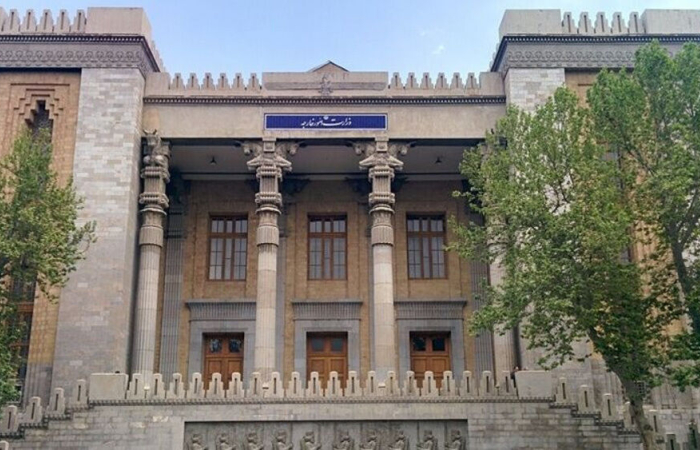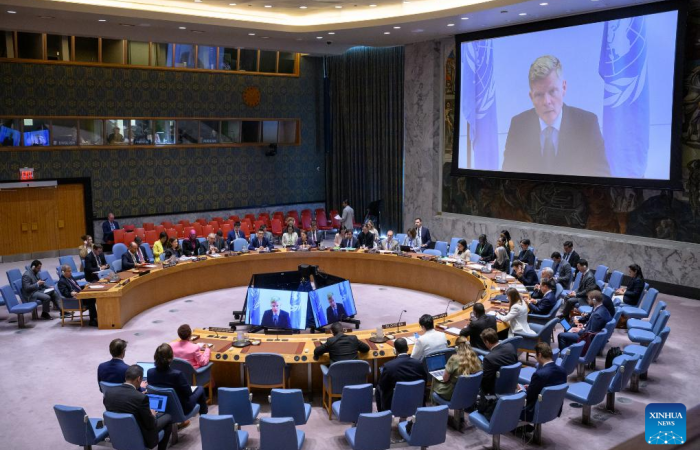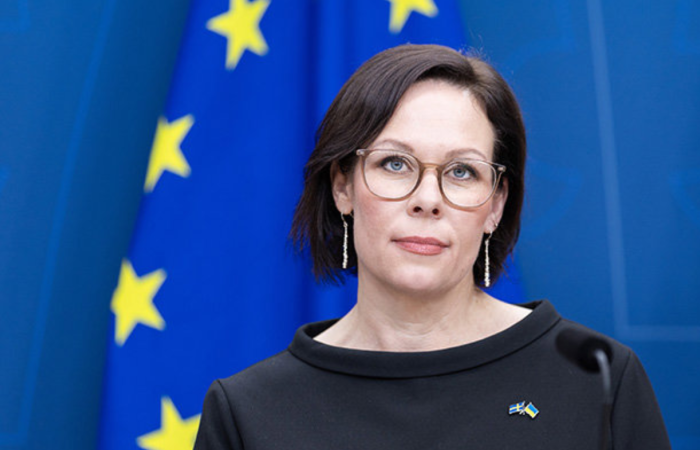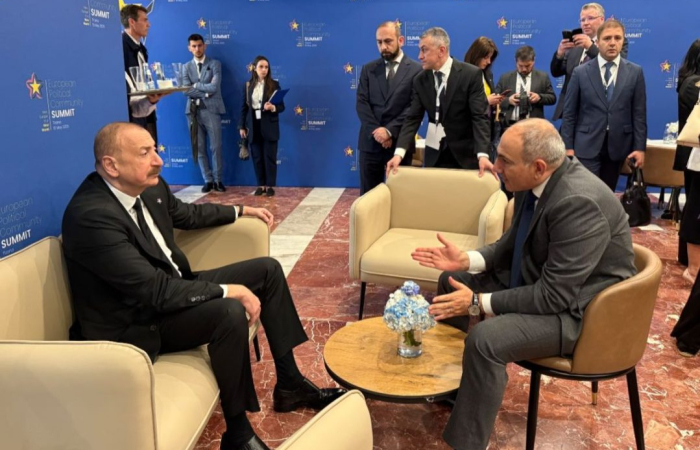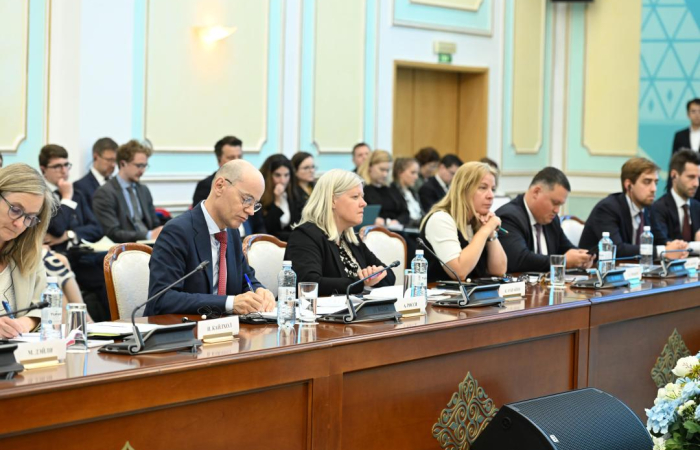Trending
Russia is the first country to recognise the Taliban government in Afghanistan
4 July 2025
On Thursday (3 July), Russia formally recognised the Taliban government in Afghanistan by accepting credentials from its new ambassador, Gul Hassan Hassan.
In April, Russia removed the Taliban from its list of terrorist organisations. On Thursday, the Russian Foreign Ministry welcomed this decision, stating that diplomatic ties would promote "productive bilateral cooperation" in areas such as trade, energy, transport, agriculture, and security. Afghanistan’s foreign minister, Amir Khan Muttaqi, welcomed Russia’s move, calling it 'historic' and expressing hope that other countries would follow suit. This reflects the Taliban's growing efforts to gain international legitimacy since seizing power in August 2021 following the US withdrawal from the country.



